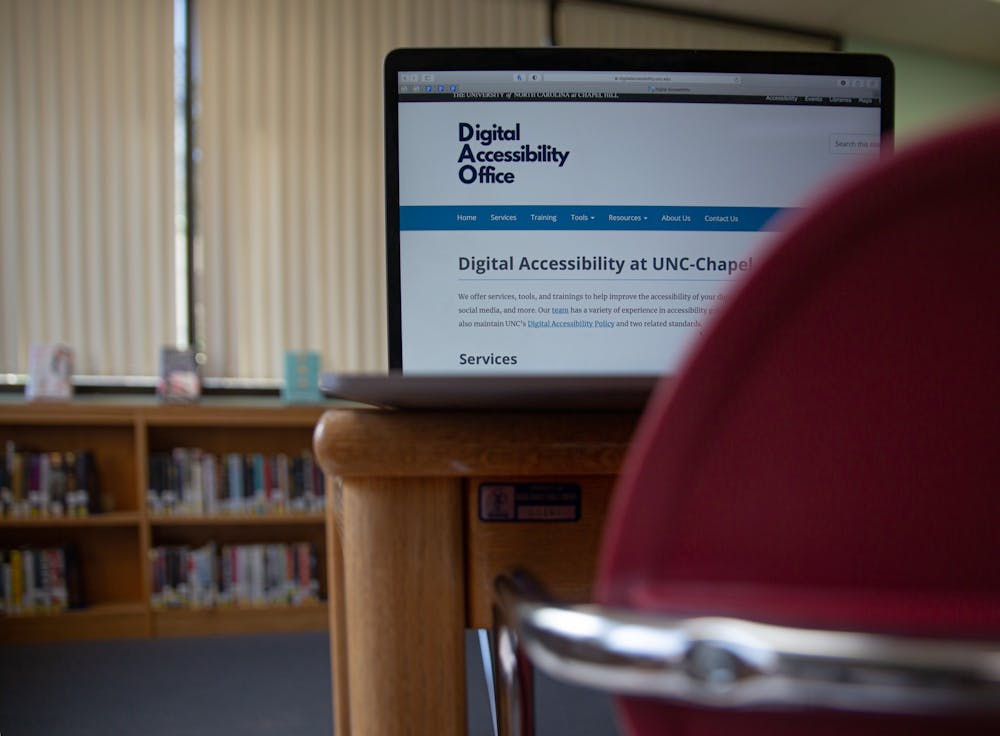“These seem like little things to you and me, but they end up being big things that impact individuals and really have made it so that Carolina adds that ‘We care about you’ aspect,” Held said.
In light of the virtual fall semester, Held said the DAO has had to adjust under a newfound spotlight, finding ways to make an entirely digital course load as manageable as possible for those with disabilities.
For example, the DAO has recently started advocating for live captioning — a feature that has just recently been made available by Zoom.
In December 2019, the DAO was able to develop UNC’s Digital Accessibility Policy, driven by two key principles: the Accessibility of Digital Content, Resources and Technology Standard and the Accessibility Standards for Procurement of Digital Content, Resources and Technology.
“We were able to create policy that directed faculty and staff to understand what the rules are when it comes to creating digital content,” Held said. “It just really laid out what was required and what was optional.”
Phil Edwards, an instructional consultant at the UNC Center for Faculty Excellence and digital accessibility liaison, said he appreciates these practical standards.
But more importantly, he said he values the emphasis the DAO places on cultivating awareness and promoting education.
“I was pleased to see that the DAO in addition to having a foot in the compliance domain was not just focused on slapping people’s wrists for not having content that wasn’t accessible, but was really thinking about (digital accessibility) in a developmental way,” Edwards said.
As a liaison, Edwards is a part of a team of staff members that work closely with the DAO, networking, connecting and sharing strategies with one another about how to make UNC a more user-friendly university.
“I think that because digital accessibility impacts so many of the things that we are aspiring to do as a University, being able to have professional guidance in this domain as opposed to just relying upon the individual skill sets of folks working in different units has been really helpful,” Edwards said.
Tiffany Bailey, the director of UNC's Accessibility Resources and Service, has worked in partnership with the DAO since its inception last year.
The ARS serves over 1,800 students in need of academic, housing, dining or other accommodations, and working with DAO was a natural progression, she said.
To get the day's news and headlines in your inbox each morning, sign up for our email newsletters.
“The work that the DAO is doing has really enhanced the work that we are doing,” Bailey said. “It’s kind of one part, along with our office and the EOC, of this puzzle to address accessibility barriers campus-wide.”
Both Bailey and Edwards said they are excited for the future work the DAO will do to continue the conversation about accessibility and usability on a digital level.
“It’s been helpful to have a more visible community on campus that cares about these issues,” Edwards said. “It has been so wonderful to have a focal point for these conversations about accessibility.”
university@dailytarheel.com



